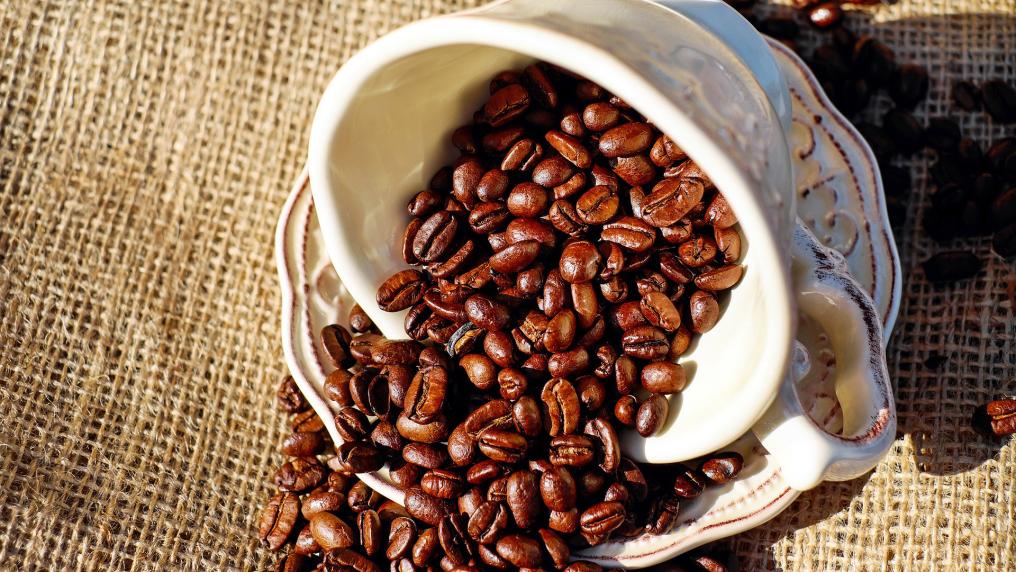Caffeine can boost exercise performance

Caffeine is well known for its ability to sharpen our focus and keep us awake, but new Victoria University research confirms that caffeine before physical activity can also boost speed, power, strength and endurance.
Lead author and VU PhD student Jozo Grgic conducted an umbrella review of more than 300 previous studies involving nearly 5000 participants that explored the effects of caffeine on exercise performance.
Caffeine use in competitive sport
The review found that taking caffeine before physical activity can improve performance anywhere from 2% to 16%.
This may not seem like much in the context of everyday life; but in sport, particularly in competitive sports, relatively small improvements can make a big difference, said Grgic.
Caffeine intake among elite athletes has increased since the substance was removed from the World Anti-Doping Agency’s banned list in 2004. A 2011 study indicated that around three-quarters of urine samples taken from Olympic Games’ athletes contained measurable levels of caffeine.
In a recent article published in The Conversation, Grgic and his team found caffeine can:
- lengthen the amount of time a person could run and cycle
- improve running times over a given distance
- help people perform more repetitions with a given weight in the gym
- increase the total weight lifted.
How much caffeine is beneficial?
An 'optimal' amount of caffeine remains elusive, but findings show the most effective dose is between 3 and 6 milligrams for every kilogram of body weight.
If coffee is used as the caffeine source, as a broad rule, two cups of coffee, consumed an hour or so before exercise, should improve performance in most individuals, said Grgic. However, this largely depends on coffee-bean type, preparation method, cup size, brand and additives.
The caffeine-boosting effect is more pronounced in oxygen-using aerobic exercise that can be sustained for long periods such as jogging, compared to muscle-dependent, high-intensity anaerobic exercise, such as sprinting.
Aside from caffeine capsules or coffee, researchers are exploring other sources of caffeine for their effects on exercise performance, such as chewing gums, bars, mouth rinses, and energy drinks.
Grgic cautioned that people interested in supplementing their physical activity with caffeine should note that high doses may cause strong side-effects such as a headache, nausea, or insomnia.
Wake up and smell the coffee: caffeine supplementation and exercise performance—an umbrella review of 21 published meta-analyses was published in the British Journal of Sport.



